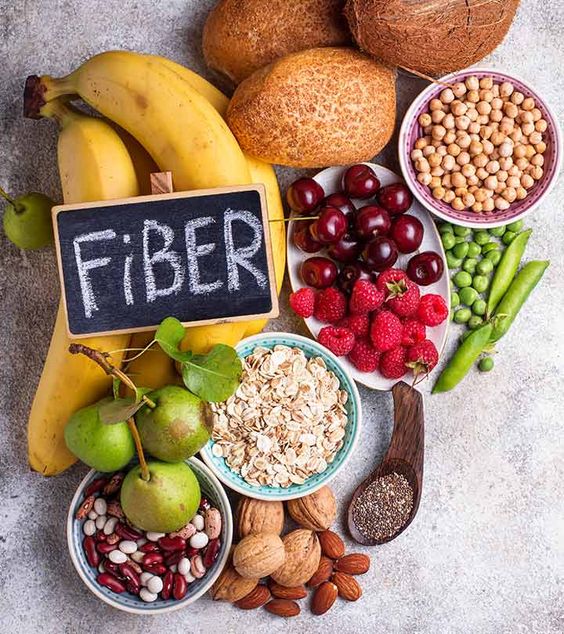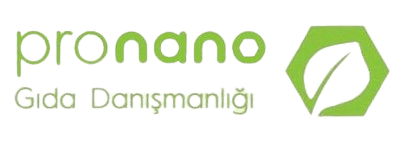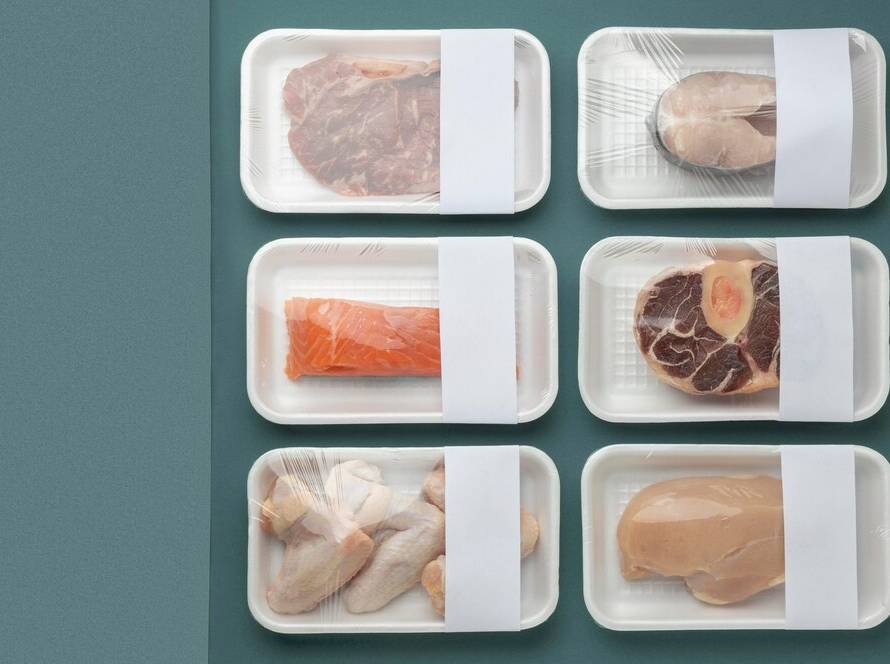
Did you know that dietary fiber plays a vital role in maintaining our health and well-being? Including adequate amounts of dietary fiber in your diet has many positive effects that cannot be ignored.
Together, we will explore different aspects related to dietary fiber, starting from its amazing health benefits to how to effectively include it in your daily diet. Read on to discover more about this important nutritional component and its role in improving your quality of life and overall health.
Article Content:
1-Benefits of dietary fiber for general health and its types
2-Recommended amount of fiber
3-How to increase fiber intake in the diet
4-Foods to avoid to improve fiber absorption
5-Symptoms of dietary fiber deficiency
6-Dangers of fiber supplements
7-How can ProNano support the fiber-rich food industry
Benefits of Dietary Fiber for General Health and Its Types
Dietary fiber is an essential part of a healthy diet, as it contributes significantly to maintaining the health of the body. It improves the digestion process, helps control blood sugar levels, and enhances the feeling of satiety, which contributes to weight management.
Benefits of Dietary Fiber
Improves digestion: Fiber facilitates bowel movement and helps eliminate toxins from the body.
Control sugar levels: It helps reduce the rise in sugar levels after eating, which reduces the risk of type 2 diabetes.
Weight management: Fiber promotes a feeling of fullness for a longer period, which reduces the desire to eat large amounts of food.
Types of Dietary Fiber
There are two main types of fiber: soluble fiber and insoluble fiber, each of which has different health benefits.
Soluble Dietary Fiber
Benefits of Soluble Fiber:
Regulate blood sugar levels
Reduces harmful cholesterol levels (LDL).
Improves gut health by promoting the growth of beneficial bacteria.
Sources of soluble fiber:
Oats
Beans
Fruits such as apples and oranges
Vegetables such as carrots
Insoluble dietary fiber
Benefits of insoluble fiber:
Prevent constipation
Promote digestive health
Reduces the risk of digestive diseases
Sources of insoluble fiber:
Whole grains such as brown rice and whole wheat
Nuts and seeds
Vegetables such as broccoli
Fruits such as strawberries
Recommended daily intake of dietary fiber
The recommended intake of fiber varies by age and gender. According to health guidelines:
Adults (women): 25-28 grams per day.
Adults (men): 30-34 grams per day.
Children and adolescents: 19-25 grams per day.
How to increase dietary fiber intake in the diet
To increase fiber intake, it is recommended to follow these tips:
Start your day with a fiber-rich breakfast: such as oatmeal with fruit.
Add vegetables to every meal: they are an excellent source of fiber.
Eat fruits as snacks: instead of snacks rich in sugar.
Replace white bread with wholemeal bread: to increase the amount of fiber.
Foods to avoid to improve fiber absorption
Refined and processed foods: such as white bread and white rice.
Foods high in saturated fats: such as fried foods and red meat.
Foods high in sodium: such as fast food and packaged foods.
Symptoms and risks of dietary fiber deficiency
Not getting enough fiber can lead to health problems such as:
Constipation: Fiber reduces the severity of this problem.
Weight gain: due to feeling hungry and not being full for long periods.
Blood sugar problems: which increases the risk of diabetes.
Risks of dietary fiber supplements
While fiber supplements can be beneficial, taking them without medical supervision may lead to:
Digestive problems: such as bloating and gas.
Interference with nutritional absorption: as it may hinder the absorption of some vitamins and minerals.
Over-reliance on supplements: which leads to the loss of the benefits of natural fiber from food.
Dehydration: as fiber needs a large amount of water to work properly
How can ProNano support the fiber-rich food industry?
1. Whole grains industry
Whole grains such as oats, brown rice, and whole grain pasta are rich sources of fiber. ProNano can provide specialized advice to improve the quality of these products or develop innovative recipes that meet the growing market needs.
2. Canned and dried legumes industry
Legumes such as beans, lentils, chickpeas, and fava beans are rich in fiber and can be the basis for a variety of food products. ProNano offers its expertise in improving production processes and developing innovative products based on legumes, enhancing their nutritional value.
3. Healthy and organic food industry
Healthy and organic foods such as energy bars and snacks made with fiber-rich ingredients such as nuts, seeds, and dried fruits are increasingly popular. ProNano can help develop new recipes for these products, ensuring their nutritional value and appeal to consumers.
4. Fiber Supplements Industry
This includes fiber powders and dietary fiber tablets that are taken as dietary supplements. ProNano provides specialized consulting to develop these products and ensure their quality and effectiveness in improving overall health.
5. Plant-based Foods and Alternatives Industry
Vegetarian burgers and alternative meats made from legumes or soy are fiber-rich options. ProNano can provide support in improving the flavor, texture, and fiber content of these products to meet the growing market demand for plant-based products.
6. Dried Fruit and Vegetable Products Industry
Dried fruits such as figs, apricots, raisins, and dried vegetables such as carrots and peas are rich in fiber. ProNano provides specialized consulting to improve drying methods and preserve the nutritional content of these products, which enhances their health value.
But what we are interested in concluding is that dietary fiber supplements can be beneficial for improving digestive health, controlling sugar and cholesterol levels, and helping with weight management. However, they should be taken with caution and under medical supervision to avoid potential health problems. Always remember that getting your fiber from natural sources is still the best option.
Dietary fiber plays a vital role in improving digestive health and preventing many chronic diseases such as heart disease and diabetes. To achieve the full health benefits of fiber, it is essential to include its natural sources such as fruits, vegetables, whole grains, and legumes in your daily diet.
If you want to follow a healthy and balanced diet or you are a project owner to produce healthy food products rich in fiber, contact the Brunano team to help you obtain healthy products that comply with all international standards from planning to the last stage of production. Companies can improve the quality of their products and meet the growing needs of consumers for healthy and nutritious foods.
For more details and advice, contact us



